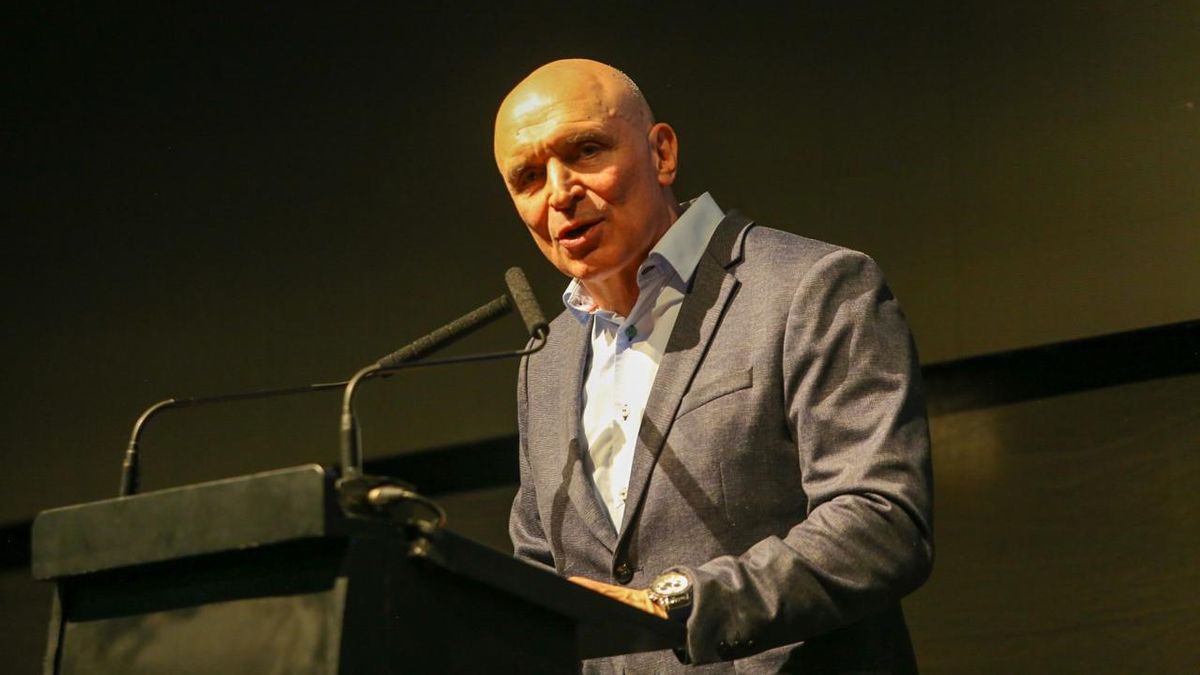Image: cityfoto.at
“Especially now, when it feels a bit like the world is coming to an end, there is a very nice saying: In Germany the situation is serious, but not hopeless, in Austria the situation is hopeless, but not serious,” he says Futurologist Tristan Horx. In his lectures he talks about the “f**ing future”, i.e. our damned future. “We are in an omnicrisis right now,” he explains. The crises would not come in quick succession, but would be parallel and reinforce each other. “In working with historians, we discovered that this is necessary for growth. It shows that we are currently moving from one era to the next.”
The industrial age is coming to an end. “And we’re so used to this industrial age, we’ve become so successful with it,” he says. The new is not here yet, the old is not gone yet. “We are caught between these two stools. And of course it is understandable that people take refuge in the past. Because when the future is obscured by the crisis, then you go back to what you already knew.”
Why the generations don’t understand each other
This is also the reason for the current generational conflict. “My generation and those after had something like a promise of growth. It’s getting better and better, but now it’s leveling off,” says the 32-year-old. “It creaks a bit, but creaking is good. I’m optimistic because every generation has the right to rebel. The stupid thing was that my generation didn’t rebel.”
He describes the younger generation as more conservative due to the high level of uncertainty. Values such as health and family are in the foreground. Young people have a desire for simplicity and authenticity.
Despite the challenges and crises mentioned, Horx remains optimistic and sees adjustments to digital and social changes as necessary. “I’m optimistic. We shouldn’t allow ourselves to be guided too much by our own prejudices when looking at the future,” he says. Because then we usually come to the conclusion that the truth lies somewhere in the middle.
In the podcast he also reveals how future research actually works, how artificial intelligence will change our lives, why statistically people no longer hate their parents and why he is “brutally optimistic” when it comes to climate protection.
Image: cityfoto.at
“}”>
Image: cityfoto.at
Source: Nachrichten




